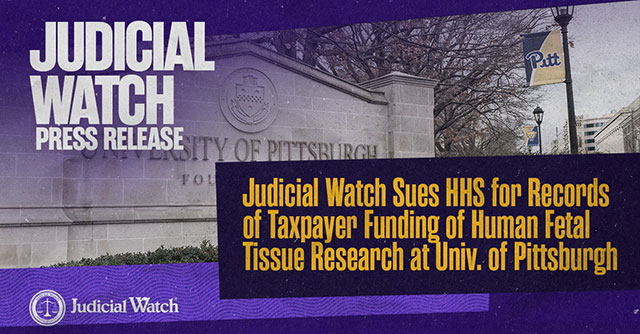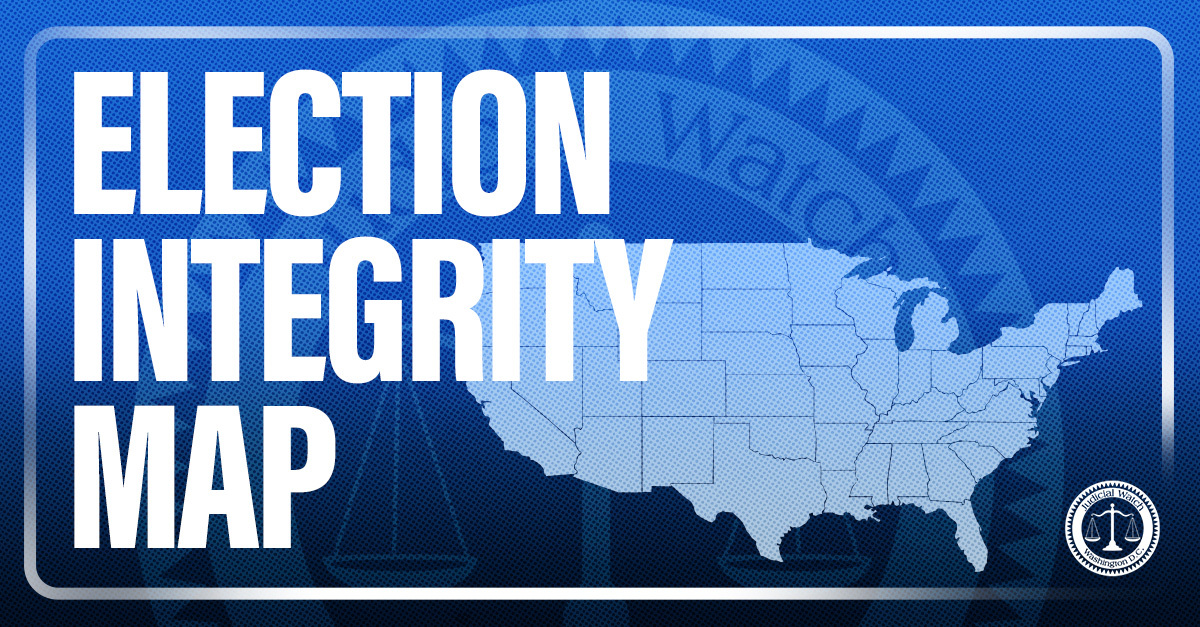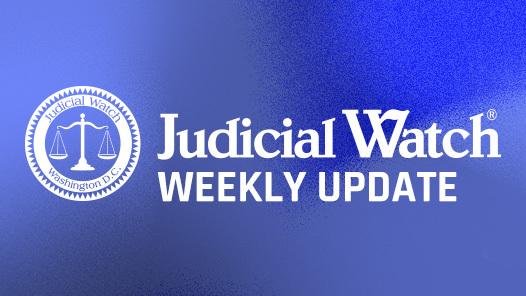
Benghazi Lesson: State Dept. Seeks $4 Bil to Secure Consulates
Islamic terrorists had to murder a U.S. diplomat and three members of his staff in Libya for the Obama administration to finally acknowledge that it must dedicate adequate funding to secure American consulates abroad.
The State Department’s 2014 budget includes a much-needed $4 billion allocation for security programs, including security staff, construction and infrastructure upgrades. The money will allow a 5% increase in diplomatic security staff and upgrades at “critical locations that face heightened threats in the wake of the attacks on September 11, 2012,” according to the funding highlights released by the White House.
Security lapses quickly became an issue when, on the 11th anniversary of the worst terrorist attacks in U.S. history, heavily armed Islamist militia members ambushed our diplomatic compound in Benghazi. Christopher Stevens became the first U.S. Ambassador to be murdered in the line of duty since1988.Three other Americans working at the U.S. mission were also killed in the hours-long attack.
The Obama administration immediately came up with a ridiculous cover-up story, telling the American people that the deadly attack was provoked by a homemade anti-Islam internet video that supposedly sparked riots around the Arab world. The reality is that repeated requests for increased security in Benghazi were shunned by top officials in the Obama State Department, which at the time was run by none other than Hillary Clinton.
A Judicial Watch investigation on Benghazi conducted by a former State Department security specialist reveals that internal problems within the agency for years have left overseas diplomats without adequate security. Here’s the report. As part of an ongoing Benghazi probe, JW has also sued the State Department for records involving a $400,000 contract with a foreign firm that provided security guards and patrol services at the U.S. compound in Benghazi prior to the attack.
The State Department’s own investigation, conducted by a specially created Benghazi Accountability Review Board, concluded that “systematic failures” left the U.S. mission inadequately protected. The board also identified “leadership and management deficiencies at senior levels within two bureaus.” It’s unfortunate that it had to come to this before the administration decided to fund adequate protection for our foreign ambassadors while they represent their government in the world’s most dangerous regions.
Also of interesting note in the State Department’s new budget request is $580 million for a “Middle East and North Africa (MENA) Incentive Fund” to advance long-term political, economic and trade reforms in the region post “Arab Spring.” The money is the administration’s response to “continuing challenges to stability in the Middle East and North Africa.”

















